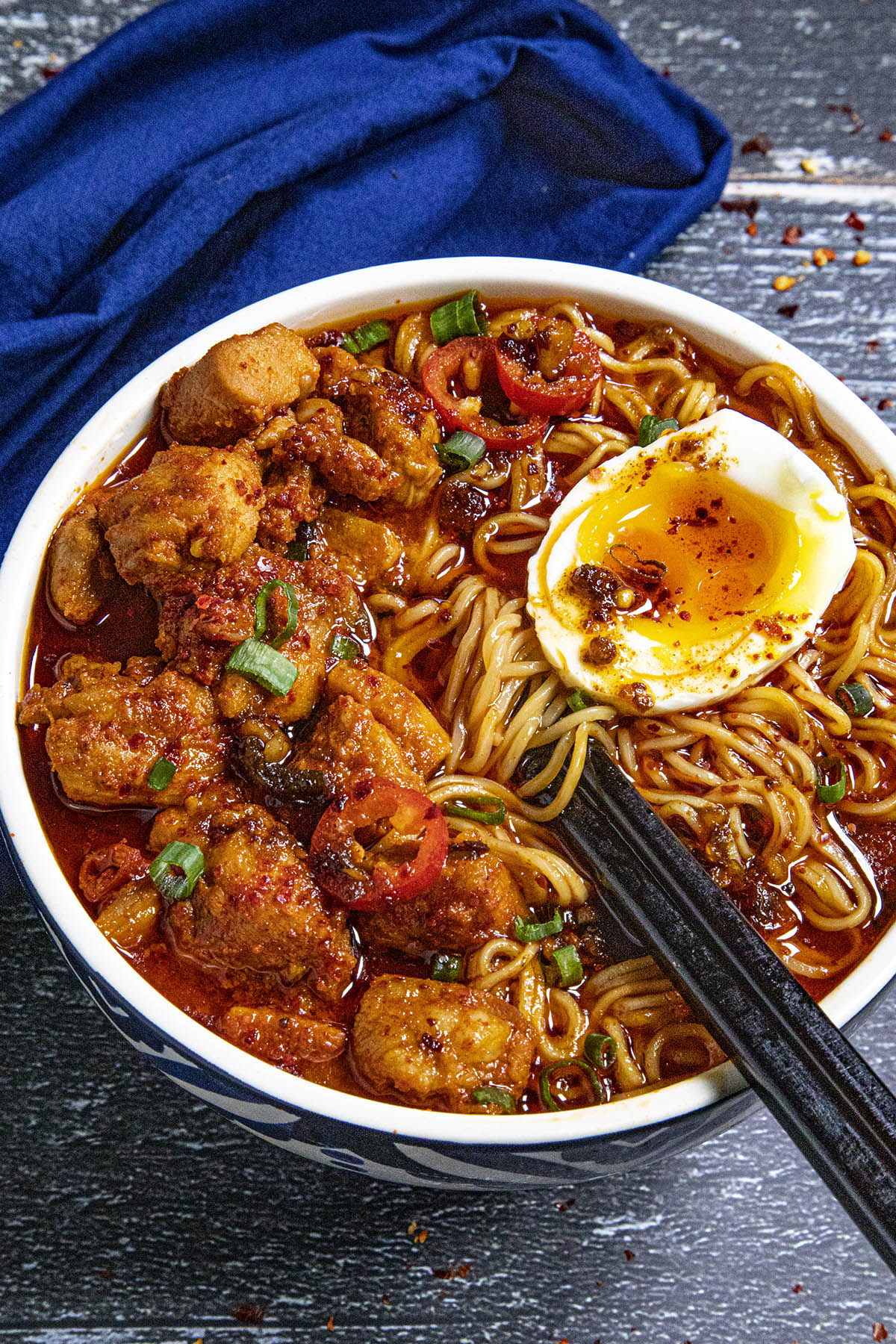Buldak Ramen Recall Listeria: What You Need To Know
Buldak Ramen recall listeria has become a significant topic of discussion among food safety enthusiasts and consumers alike. In recent years, Buldak Ramen, known for its fiery flavor and unique taste, has gained immense popularity worldwide. However, the recent listeria recall has raised concerns about the safety of this beloved product. In this article, we will delve into the details of the recall, its implications, and what consumers should be aware of.
As the popularity of Buldak Ramen continues to soar, so does the importance of food safety. Listeria monocytogenes is a bacterium that can cause serious infections, particularly in vulnerable populations. The recall of certain batches of Buldak Ramen due to listeria contamination highlights the need for consumers to stay informed about the products they consume. In the following sections, we will explore the specifics of the recall, the potential health risks associated with listeria, and steps you can take to ensure your safety.
With the rise of food recalls, understanding the implications for your health and safety has never been more critical. This article aims to provide you with comprehensive information about the Buldak Ramen listeria recall, ensuring that you are well-equipped to make informed decisions regarding your food choices. Let’s dive into the details!
Table of Contents
- What is Buldak Ramen?
- History of Buldak Ramen
- What is Listeria?
- Health Risks of Listeria
- The Recall Details
- What to Do If You Have Buldak Ramen
- How to Prevent Listeria Infection
- Consumer Awareness and Food Safety
What is Buldak Ramen?
Buldak Ramen, also known as "Fire Noodle," is a popular Korean instant noodle dish that has taken the world by storm. Known for its intense spiciness and flavorful sauce, it has become a favorite among spice enthusiasts. The dish is typically served with a sauce made from gochugaru (Korean red pepper flakes) and other seasonings, making it a unique and tantalizing culinary experience.
History of Buldak Ramen
Buldak Ramen was first introduced by Samyang Foods in 2012. It quickly gained traction due to its distinctive flavor and the growing popularity of Korean cuisine. The dish gained international fame after various online challenges and social media trends showcased individuals attempting to consume the spicy noodles. This surge in popularity led to the creation of various flavors and spin-offs, catering to different tastes and preferences.
What is Listeria?
Listeria monocytogenes is a bacterium that can cause listeriosis, a serious infection that primarily affects pregnant women, newborns, the elderly, and individuals with weakened immune systems. Listeria can be found in various foods, particularly those that are unpasteurized or improperly handled. It can lead to severe health complications, making it essential to understand the risks associated with this bacterium.
How Does Listeria Spread?
- Contaminated food products
- Improper food handling and preparation
- Cross-contamination in kitchens or food processing facilities
Health Risks of Listeria
The health risks associated with listeriosis can be severe, especially for vulnerable populations. Symptoms may include fever, muscle aches, nausea, and diarrhea. In severe cases, listeriosis can lead to meningitis or septicemia, which can be life-threatening.
Who is Most at Risk?
- Pregnant women
- Newborns
- The elderly
- Individuals with weakened immune systems
The Recall Details
The Buldak Ramen recall was initiated after several batches tested positive for listeria contamination. The recall affects specific flavors and production dates, urging consumers to check their packages for any affected products. The details of the recall can be found on the official website of Samyang Foods, where they provide information on the specific batches and flavors involved.
What to Do If You Have Buldak Ramen
If you have purchased Buldak Ramen, it is crucial to check the packaging for any recall notices. If your product is affected, do not consume it. Instead, return it to the place of purchase for a full refund or dispose of it safely. It is essential to stay informed and take the necessary precautions to protect your health.
How to Prevent Listeria Infection
Preventing listeriosis involves practicing safe food handling and cooking techniques. Here are some tips to help reduce the risk of listeria infection:
- Always wash your hands before handling food.
- Thoroughly cook all meats and poultry.
- Wash fruits and vegetables before consumption.
- Avoid unpasteurized dairy products.
- Keep your kitchen and food preparation areas clean.
Consumer Awareness and Food Safety
Consumer awareness plays a vital role in food safety. Staying informed about recalls and food safety issues can help protect you and your family. It is essential to read labels, check for recall notices, and stay updated on food safety news. By being proactive, you can minimize the risks associated with foodborne illnesses.
Conclusion
In conclusion, the Buldak Ramen recall due to listeria contamination serves as a crucial reminder of the importance of food safety. Understanding the risks associated with listeria, the details of the recall, and how to prevent infection is essential for consumers. We encourage you to stay informed and take action if you find that your Buldak Ramen is part of the recall.
We invite you to share your thoughts on this topic in the comments below. Have you experienced any issues with food recalls? What steps do you take to ensure your food is safe? Your feedback is valuable, and we appreciate your engagement!
Penutup
Thank you for reading our comprehensive guide on the Buldak Ramen recall listeria. We hope you found the information useful and informative. Be sure to check back for more articles on food safety and health topics. Stay safe and informed!
Did Heidi Klum Get A Boob Job? An In-Depth Analysis
Gali Gool Leaked: The Ultimate Guide To Understanding The Controversy
Is Top Ramen Being Recalled? Everything You Need To Know


